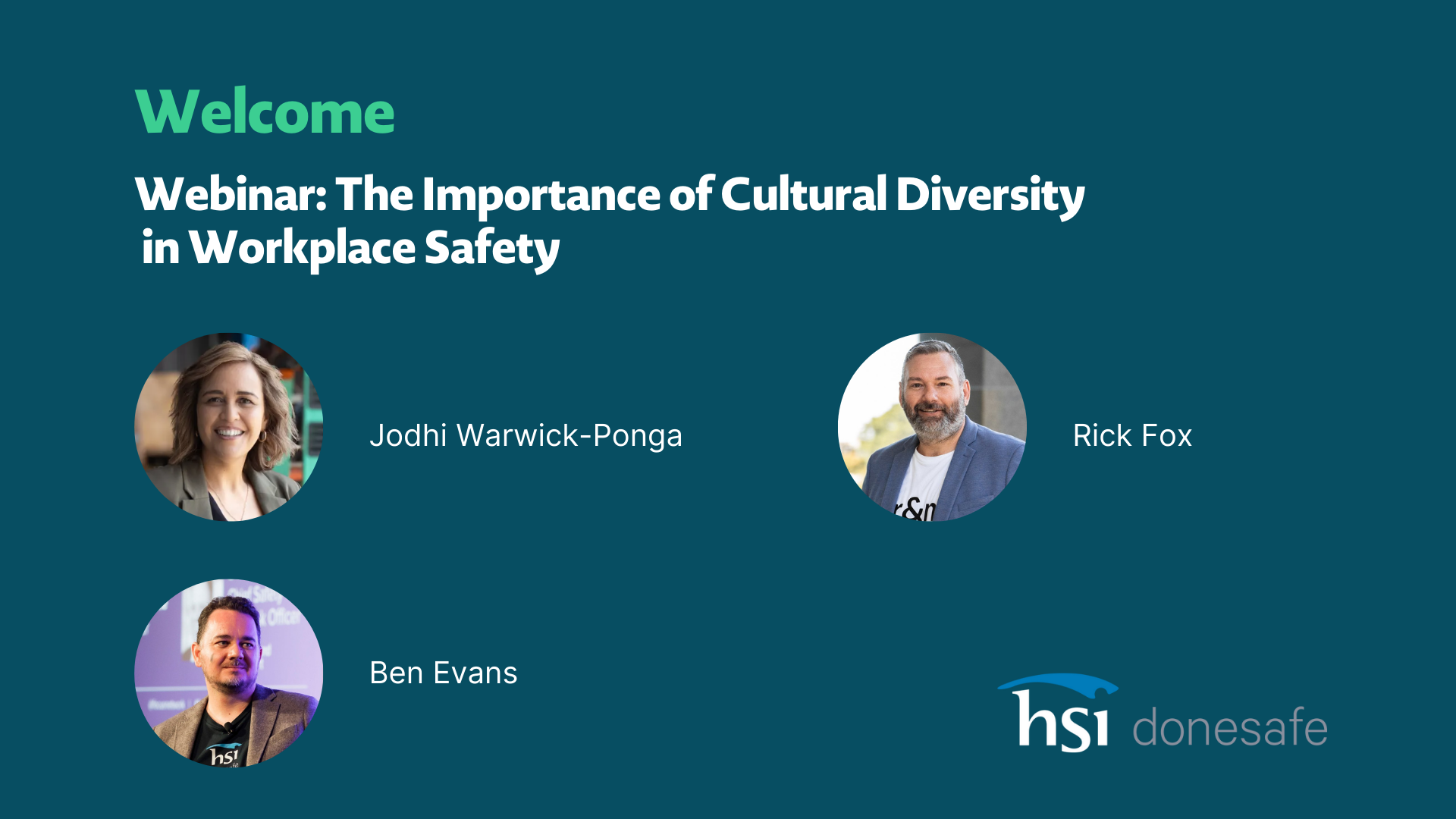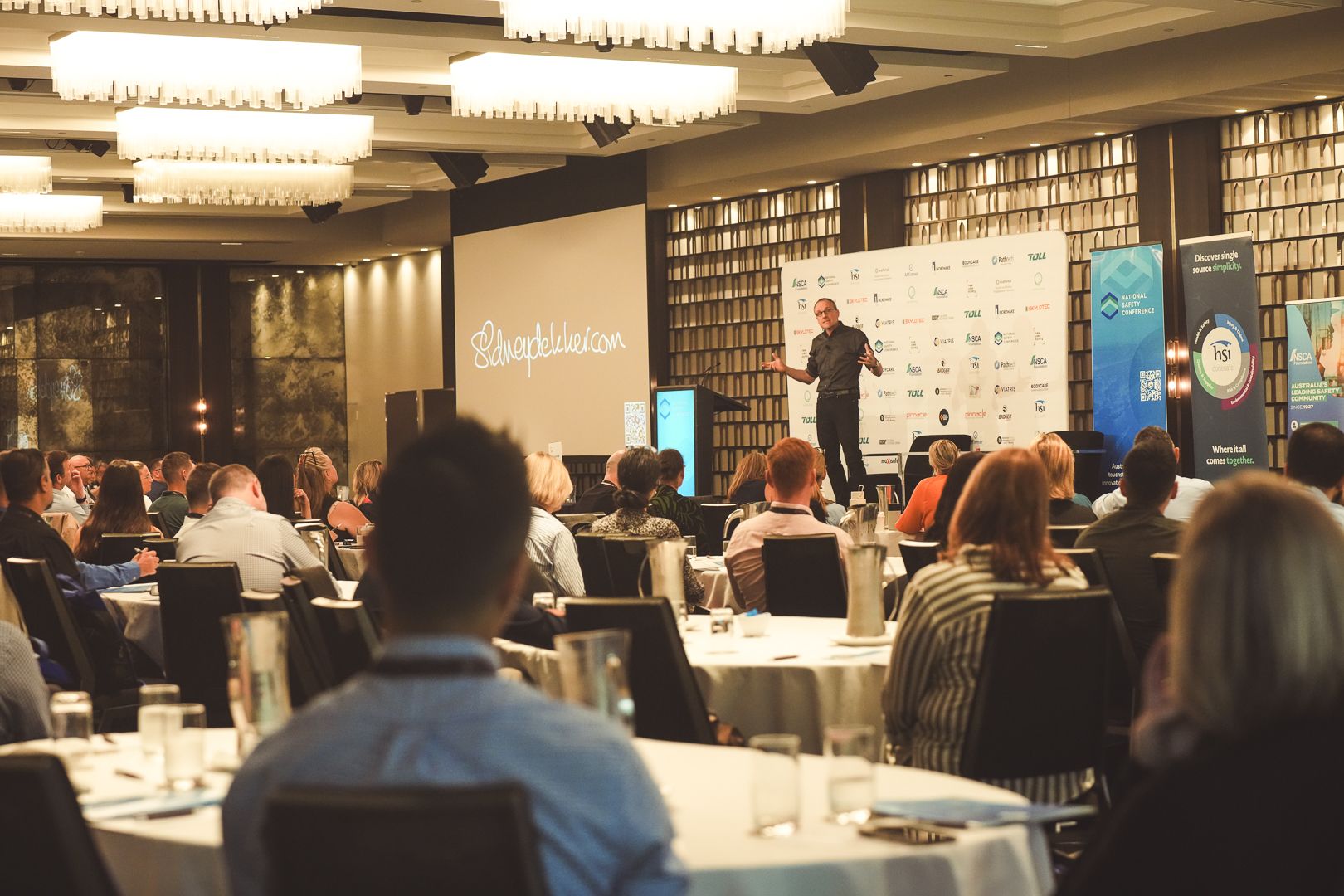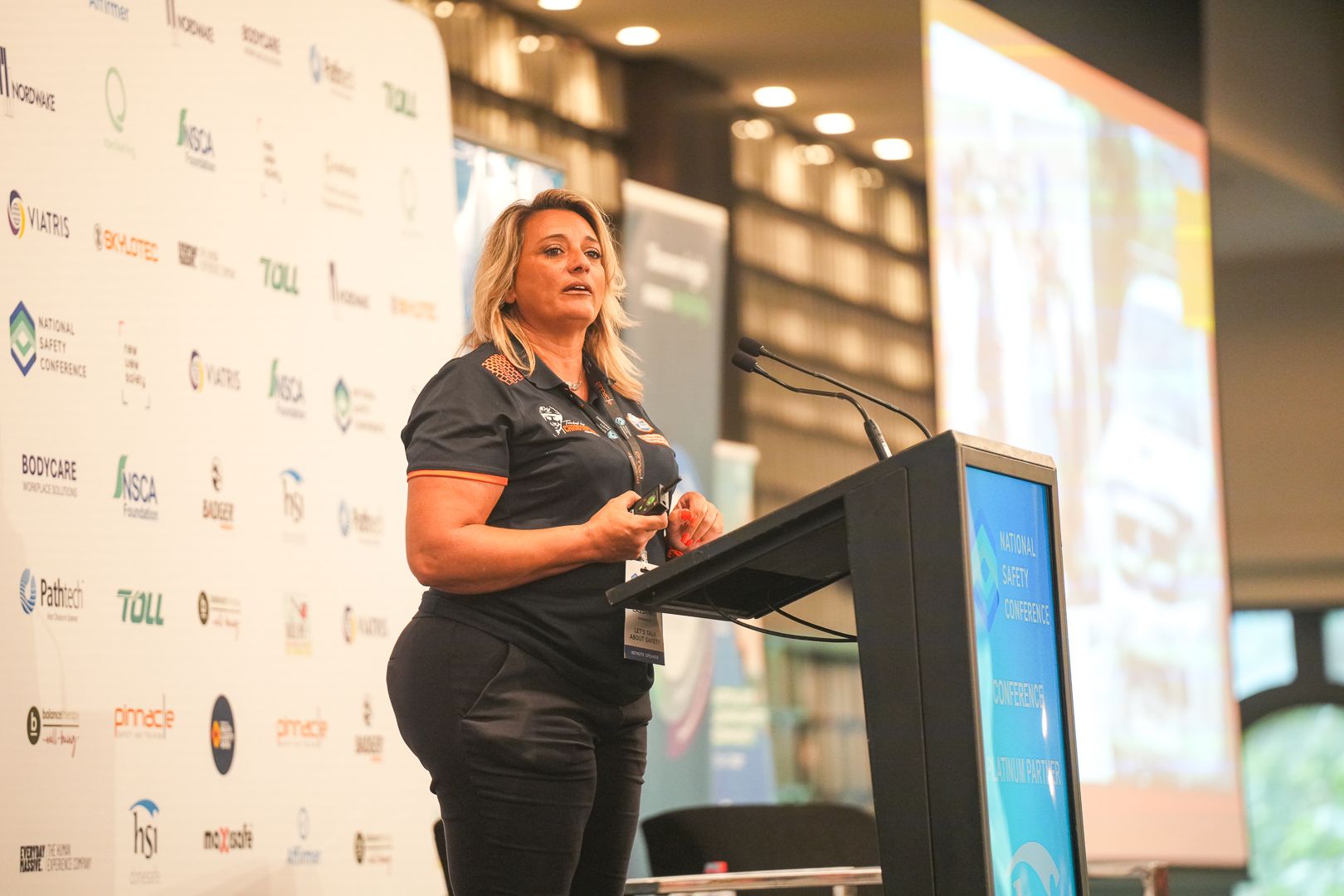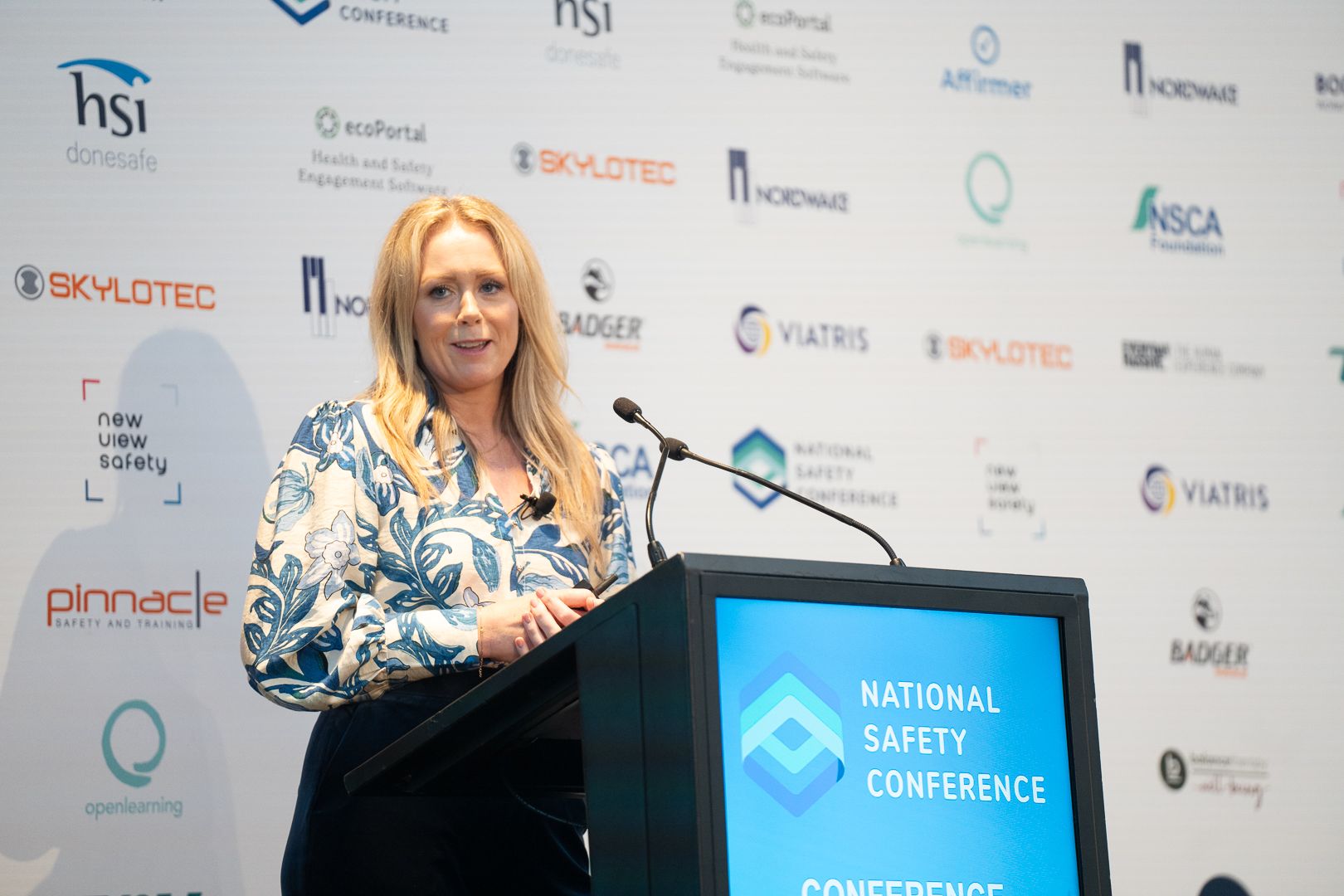
Why cultural diversity belongs at the centre of workplace safety
We talk a lot about systems, procedures and compliance in workplace safety — but how often do we talk about culture?
In HSI Donesafe’s recent webinar, The Importance of Cultural Diversity in Workplace Safety, host Ben Evans was joined by Jodhi Warwick-Ponga (Vertical Horizonz & TRMA) and Rick Fox (fr&nk) to explore the powerful and often overlooked role of cultural identity in creating safe, inclusive work environments.
What followed was a compelling conversation about trust, humility, curiosity, and the ways in which our cultural lenses shape how we see — and respond to — risk.
“Culture is not something that’s happening outside of you with other people and other situations,” said Ben. “You’re coming through your cultural lenses as well, and actually starting by understanding in your inner world sets you up to navigate all the differentiation that you’re likely to to see.”
The guides might already be in the room
Many organisations look outward for help in building cultural competence, but as Jodhi pointed out, the wisdom might already exist inside your workforce — if you’re willing to see it.
“Sometimes the answers already in the room,” she said. “And that person or those people are just waiting for that right time, the right environment to emerge. So instead of looking out there, have you gone and looked inside your own organization for your guides?”
She described these guides as people who can “navigate between two worlds” — workers who understand both the cultural background of their peers and the language of modern safety systems.
This isn’t about reinventing the wheel. Sometimes it’s about honouring knowledge that’s always been there.
“Sometimes, when being innovative as well, it’s not looking for new ways of doing things. Maybe we need to look and reapply something old to a new context.”
Culture is safety
The panel discussed how safety leaders must go beyond systems and start understanding the people those systems are built for.
That starts with recognising privilege and bias. Jodhi encouraged leaders to check their assumptions:
“Acknowledge that you have biases as well too. I think one of the hardest things is sometimes we don’t acknowledge our biases. We don’t acknowledge our privilege.”
She shared a story from fellow practitioner Afele Paea, highlighting how cultural norms can be misinterpreted on worksites:
“Sometimes when you see Pacific people with their heads go down and they’ll say yes, boss — doesn’t necessarily mean they understand, but you’ve said that they need to do it, so they must follow it. And they will follow it.”
So how should leaders respond?
“Ask more questions. Listen more intently. Also, again, this comes down to curiosity.”
Rick echoed this sentiment — and reminded attendees not to let fear get in the way.
“Start slowly… one of the things that a lot of people are really cautious and and trepidatious around approaching cultural diversity [about] is, what if I get it wrong?”
“Don’t let the fear of what if I get this wrong stop you from actually engaging in those conversations. Because, you know, if you do nothing, you get nowhere.”
Building trust takes co-design
Rick was clear that safety isn’t just about enforcing rules — it’s about building relationships.
“Trust is our currency. People need to understand they can trust what we say.”
That trust, he said, comes from collaboration:
“We’re not going to write SWMS for you, but we’re going to co-design safety documents with you. And it’s going to come from a place of, of good faith.”
“Everything that we’re talking about here is based on building relationships and trust.”
And if you do make a mistake?
Jodhi offered a powerful lesson through the Māori and Pacific concept of tapu — a reminder that cultural missteps don’t have to be fatal.
“When we feel awkward or scared of this cultural faux pas that we’ve made, we can make amend. We can restore it back to what it once was.”
“There is always a restorative way and a process to restore… to acknowledge your wrongdoing — or not even wrongdoing. Acknowledge that you didn’t know and then show humility.”
Want to keep the conversation going?
You can access the full recording, explore cultural gap analysis, or learn how HSI Donesafe is helping organisations build culturally responsive safety systems — all starting with a conversation.
→ Get the webinar recording here
→ Connect with Jodhi Warwick-Ponga and Rick Fox
→ Chat with HSI Donesafe about how our EHS software can support engagement across your organisation
Share:



